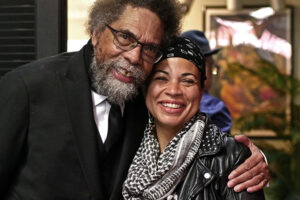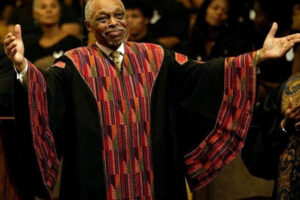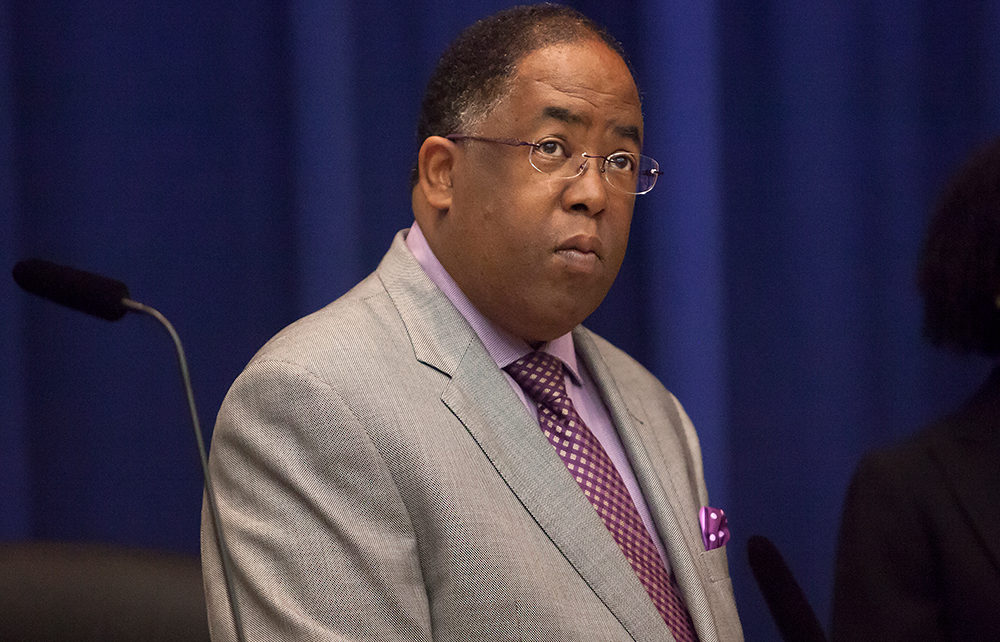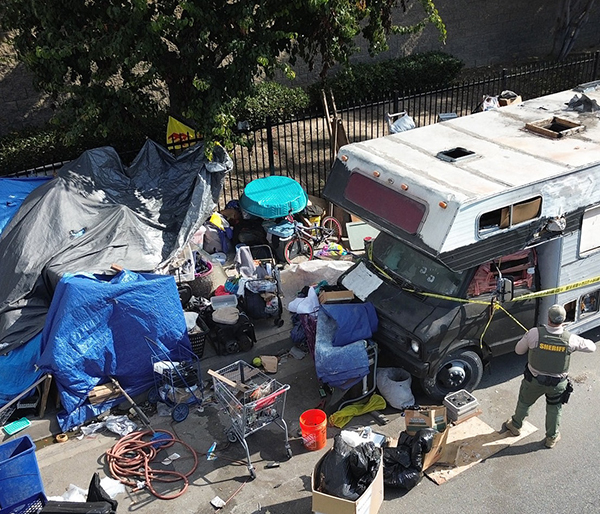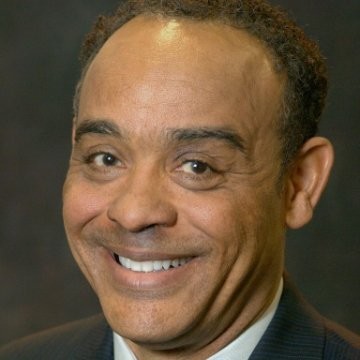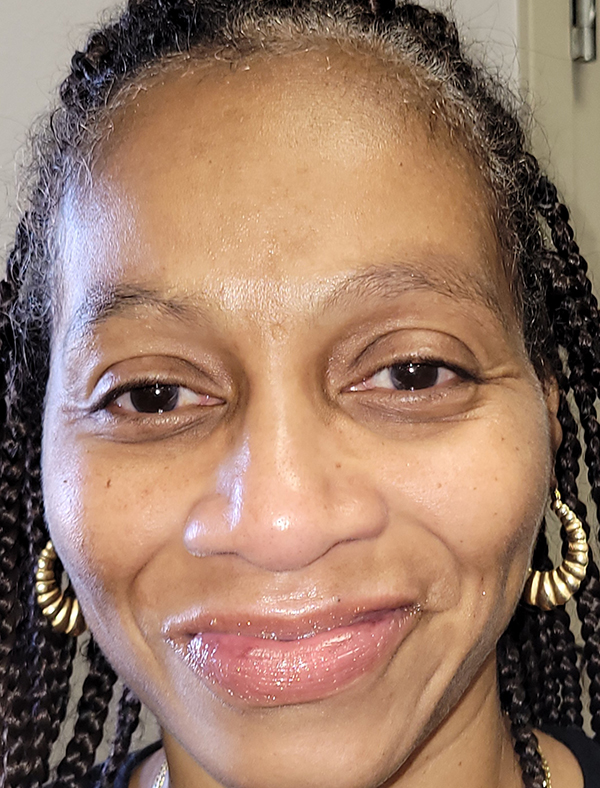The Los Angeles County Board of Supervisors approved July 21 what appeared at first glance to be a bold new antiracism initiative that would call systemic racism exactly what it is and has always been: a major killer of African Americans.
I say at first glance it’s bold since any talk by public officials of tackling systemic racism head on in the era of Donald Trump and George Floyd appears to be long overdue, urgent and absolutely crucial.
But an anti-racism motion alone is anything but bold. In fact, it’s not even new or innovative.
More than two dozen counties have already beat Los Angeles County to some form of an anti-racism initiative. The brute reality, though, is that they are long on talk about the problem, and even longer on talk about action.
However, in almost all cases there is no real action. The various motions come off simply as at best an empty public relations ploy to the deafening clamor for some action on racism. At worst, it comes off as a crass, cynical political ploy to curry favor with the swell of anti-police abuse protesters by showing them: look at us, we hear you and we’re really serious about obliterating racist structures, too.
The need for a major frontal assault on systemic racism is more urgent than ever. The picture for much of Black America, even before the COVID crisis hit, was well-documented and beyond dismal.
Though some Blacks earn more and live better than ever today, and have gotten boosts from social and education programs, civil rights legislation and affirmative action programs, the hideous legacy of slavery is still crushingly present.
Blacks continue to have the highest rates of poverty, infant mortality, violence victimization rates and health care disparities than any other group in America. They are still more likely to live in segregated neighborhoods and be refused business and home loans.
Their children are more likely to attend failed public schools than any other group, and more likely to be racially profiled on America’s urban streets.
The grim plight of many Blacks, especially the Black poor, are nowhere starker than Los Angeles. Drive down almost any L.A. street and one sees sights that match or top the worst of the Dante Inferno hellacious poverty scenes of the 1930s Great Depression.
There’s the sight of men and women sleeping on cold slabs of sidewalk or bus stop. The overwhelming majority of those prone bodies on the sidewalks are Black.
At the very moment that the supervisors talk loftily of hammering racism, they need look no further than their own house.
Black county employees tell painful and frustrating stories of filing countless grievances blasting the good old boy and girl system in which whites are routinely promoted to plum positions in many county agencies and departments while Blacks are just as routinely passed over and their protests and grievances ignored.
The first order of business, then, for the supervisors if they really mean business with their motion is to look inward, not outward, and radically overhaul their promotion and recruitment procedures to ensure that Black and Hispanic employees grievances are addressed.
Then immediately launch a massive, well-publicized campaign to recruit, hire and promote Black and Hispanic workers to management and department head positions. There should be a hard, firm timetable for this crash program, with full transparency on who and where they are promoted.
Next, show us the money and specific initiatives with timetables for implementation. This means a massive and very public pledge to pump massive funds into the range of crisis problems that hit the Black poor the hardest — homelessness, gaping health disparities and joblessness.
Follow that with a total revamp and overhaul of the Sheriff’s Department. That means putting real teeth into the department’s watchdog oversight panel to subpoena records, compel testimony from the sheriff and department officials, and enact and enforce tough new rules that punish abuse and the wanton use of deadly force by deputies.
The supervisors can use their legislative power to enact multiple ordinances that spell out exactly the type of subtle and overt structural racist practices and policies that they will end. The ordinances will prescribe penalties for violations.
For instance, landlords routinely bar ex-felons from apartment rentals. This hits Black men the hardest and is a major reason those Black men fill those slabs on L.A. sidewalks. Crack down on that.
Every step of the way, there must be a timetable for implementation, full transparency, full public disclosure and full input from a broad range of community leaders and activists. And not those handpicked by supervisors to simply be the amen corner for an empty policy.
The supervisors have a golden opportunity to be the first county in the country to put real muscle i.e. money and sweeping policy changes behind their anti-racism motion. Anything less is simply another con job.
Earl Ofari Hutchinson is an author and political analyst. His latest book, “Why Black Lives Do Matter” (Middle Passage Press) will be released in August. He also is a weekly co-host of the Al Sharpton Show on Radio One and the host of the weekly Hutchinson Report on KPFK 90.7 FM Los Angeles and the Pacifica Network.

